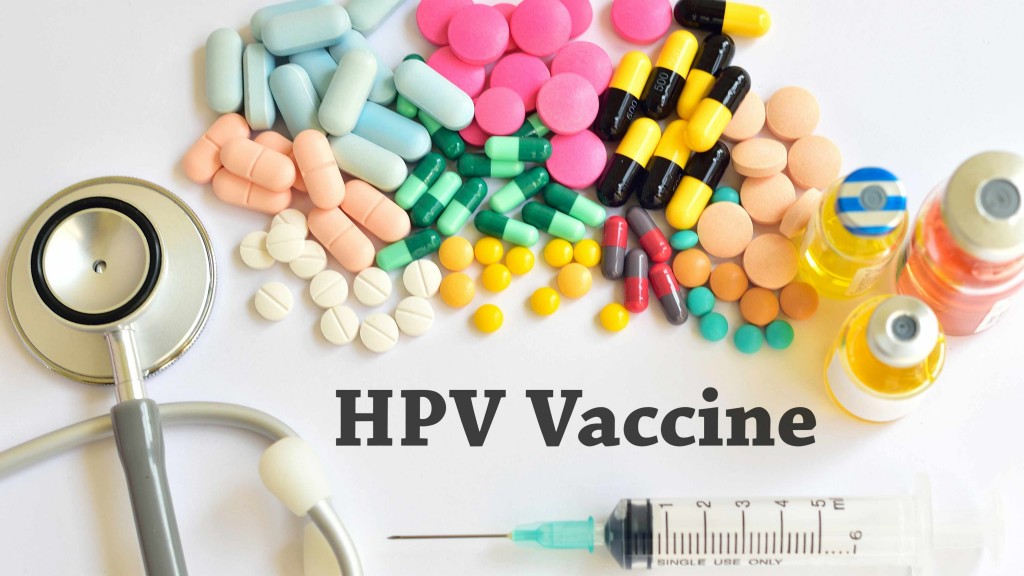-
Cancer
Mayo Clinic Cancer Center Endorses HPV Vaccination to Prevent Cancer
Rochester, MINN. — Mayo Clinic Cancer Center has joined 68 other top cancer centers that have issued a statement urging for increased HPV vaccination to prevent cancer.
“The HPV vaccine is one of the bright spots in our work to prevent cancer,” says Robert Diasio, M.D., director of the Mayo Clinic Cancer Center. “Unfortunately, it is a tool that is being grossly underutilized, and we need to get the word out that this is an opportunity to save lives.”
According to the Centers for Disease Control and Prevention (CDC), HPV infections are responsible for approximately 27,000 new cancer diagnoses each year in the U.S. Several vaccines are available that can prevent most cervical, anal, oropharyngeal (middle throat) and other genital cancers; however, vaccination rates remain low across the U.S., with under 40 percent of girls and just over 21 percent of boys receiving the recommended three doses.
MEDIA CONTACT: Joe Dangor, Mayo Clinic Public Affairs, 507-284-5005, newsbureau@mayo.edu
Research shows there are a number of barriers to overcome to improve vaccination rates, including a lack of strong recommendations from physicians and parents not understanding that this vaccine protects against several types of cancer.
Experts from the National Cancer Institute (NCI), the CDC, American Cancer Society and more than half of the NCI-designated cancer centers met at a summit in Houston in November 2015 to discuss strategies for overcoming these barriers. The following statement was a major recommendation resulting from discussions at the summit:
NCI-designated cancer centers urge HPV vaccination for the prevention of cancer
Approximately 79 million people in the United States are currently infected with a human papillomavirus (HPV) according to the Centers for Disease Control and Prevention (CDC), and 14 million new infections occur each year. Several types of high-risk HPV are responsible for the vast majority of cervical, anal, oropharyngeal (middle throat) and other genital cancers. The CDC also reports that each year in the U.S., 27,000 men and women are diagnosed with an HPV-related cancer, which amounts to a new case every 20 minutes. Even though many of these HPV-related cancers are preventable with a safe and effective vaccine, HPV vaccination rates across the U.S. remain low.
Together we, the National Cancer Institute (NCI)-designated Cancer Centers, recognize these low rates of HPV vaccination as a serious public health threat. HPV vaccination represents a rare opportunity to prevent many cases of cancer that is tragically underused. As national leaders in cancer research and clinical care, we are compelled to jointly issue this call to action.
According to a 2015 CDC report, only 40 percent of girls and 21 percent of boys in the U.S. are receiving the recommended three doses of the HPV vaccine. This falls far short of the goal of 80 percent by the end of this decade, set forth by the U.S. Department of Health and Human Service’s Healthy People 2020 mission. Furthermore, U.S. rates are significantly lower than those of countries such as Australia (75 percent), the United Kingdom (84-92 percent) and Rwanda (93 percent), which have shown that high vaccination rates are currently achievable.
The HPV vaccines, like all vaccines used in the U.S., passed extensive safety testing before and after being approved by the U.S. Food and Drug Administration (FDA). The vaccines have a safety profile similar to that of other vaccines approved for adolescents in the U.S. Internationally, the safety of HPV vaccines has been tested and approved by the World Health Organization’s Global Advisory Committee on Vaccine Safety.
CDC recommends that boys and girls receive three doses of HPV vaccine at ages 11 or 12 years. The HPV vaccine series can be started in preteens as early as age 9 and should be completed before the 13th birthday. The HPV vaccine is more effective the earlier it is given; however, it is also recommended for young women until age 26 and young men until age 21.
The low vaccination rates are alarming given our current ability to safely and effectively save lives by preventing HPV infection and its associated cancers. Therefore, the 69 NCI-designated Cancer Centers urge parents and health care providers to protect the health of our children through a number of actions:
- We encourage all parents and guardians to have their sons and daughters complete the 3-dose HPV vaccine series before the 13th birthday, and complete the series as soon as possible in children aged 13 to 17. Parents and guardians should talk to their health care provider to learn more about HPV vaccines and their benefits.
- We encourage young men (up to age 21) and young women (up to age 26), who were not vaccinated as preteens or teens, to complete the 3-dose HPV vaccine series to protect themselves against HPV.
- We encourage all health care providers to be advocates for cancer prevention by making strong recommendations for childhood HPV vaccination. We ask providers to join forces to educate parents/guardians and colleagues about the importance and benefits of HPV vaccination. HPV vaccination is our best defense in stopping HPV infection in our youth and preventing HPV-related cancers in our communities. The HPV vaccine is CANCER PREVENTION. More information is available from the CDC.
About Mayo Clinic Cancer Center
As a leading institution funded by the NCI, the Mayo Clinic Cancer Center conducts basic, clinical and population science research, translating discoveries into improved methods for prevention, diagnosis, prognosis and therapy. For information on cancer clinical trials, call 1-855-776-0015 (toll-free).
###
About Mayo Clinic
Mayo Clinic is a nonprofit organization committed to medical research and education, and providing expert, whole-person care to everyone who needs healing. For more information, visit http://www.mayoclinic.org/about-mayo-clinic or https://newsnetwork.mayoclinic.org.








